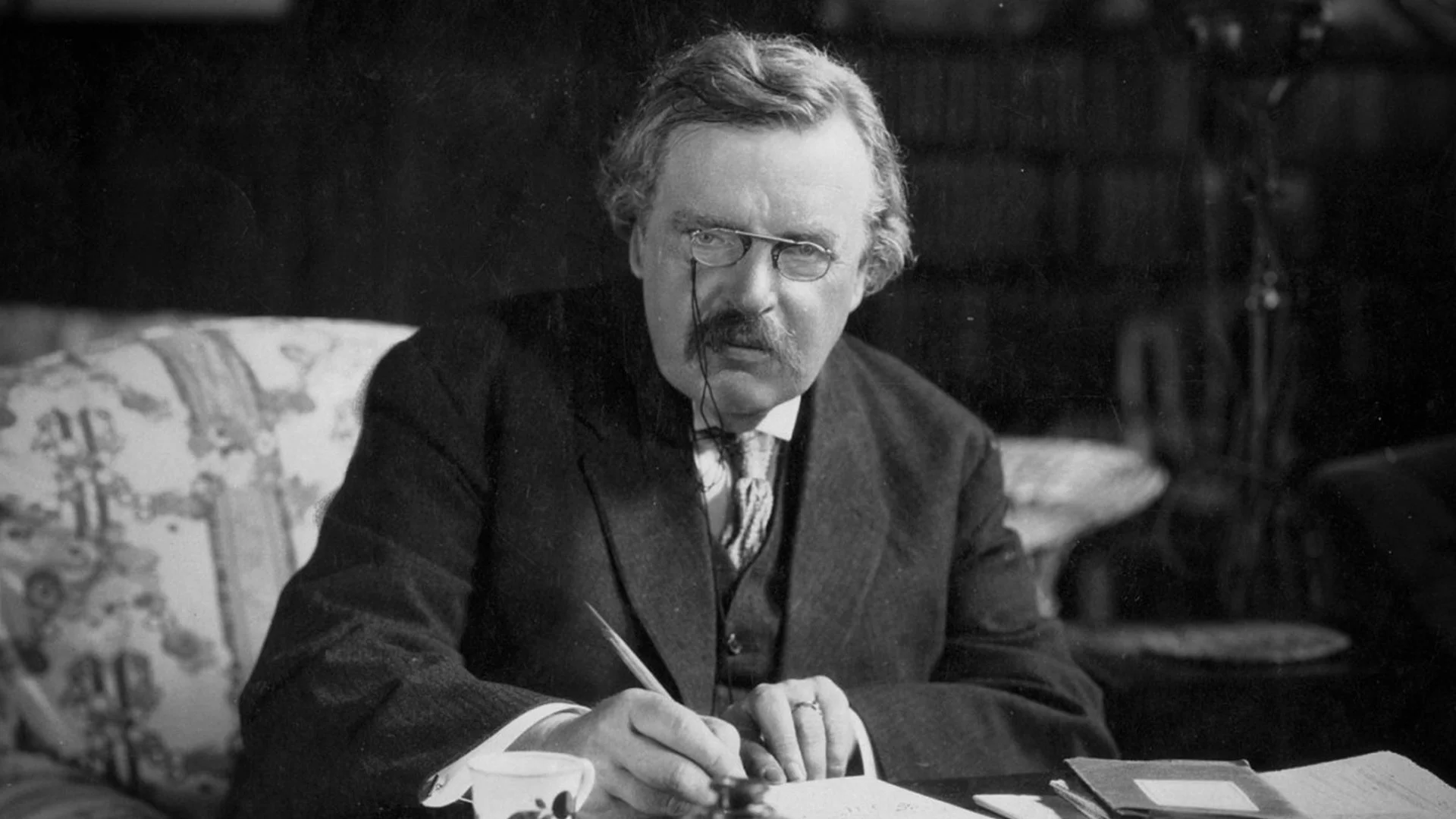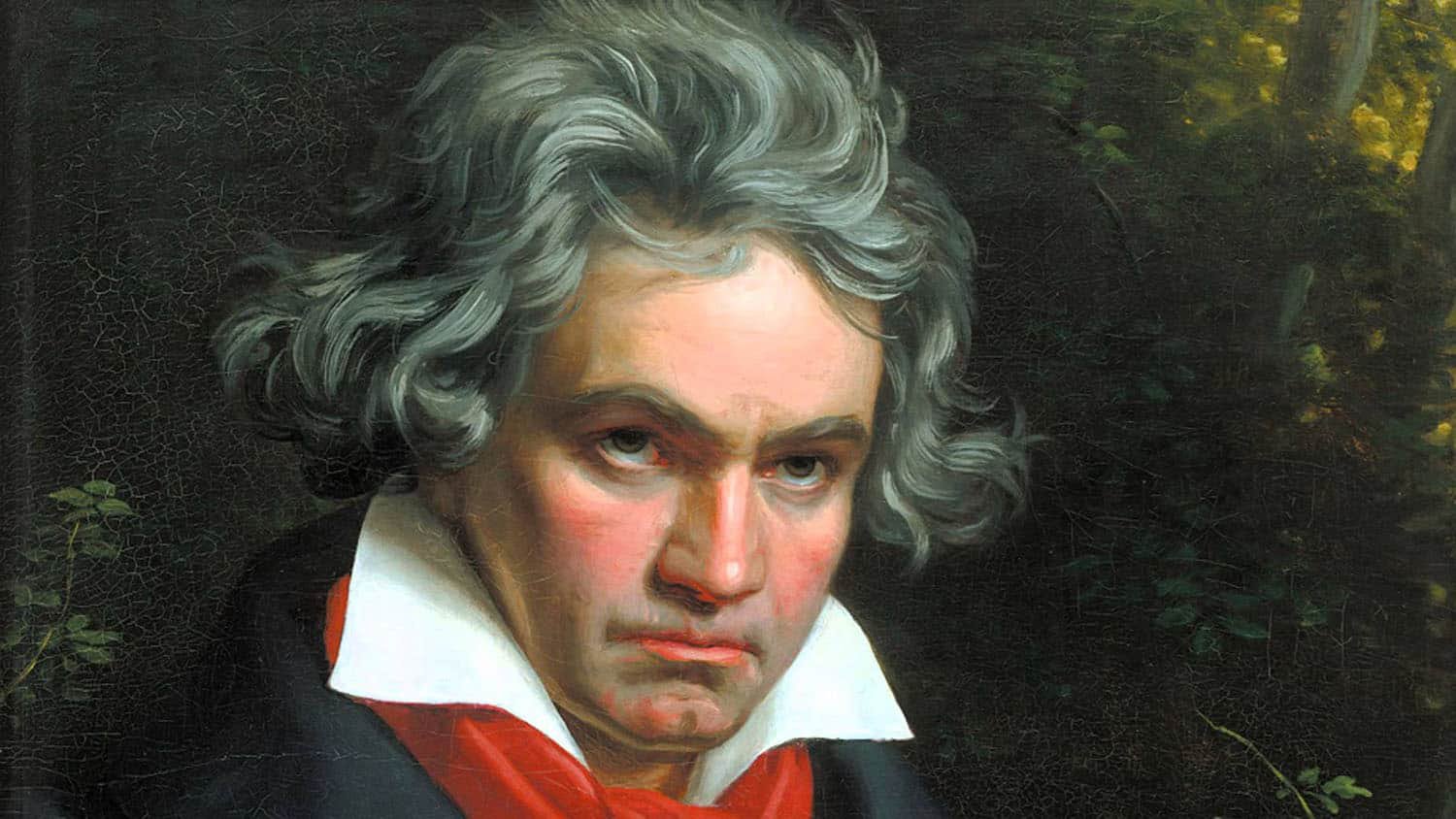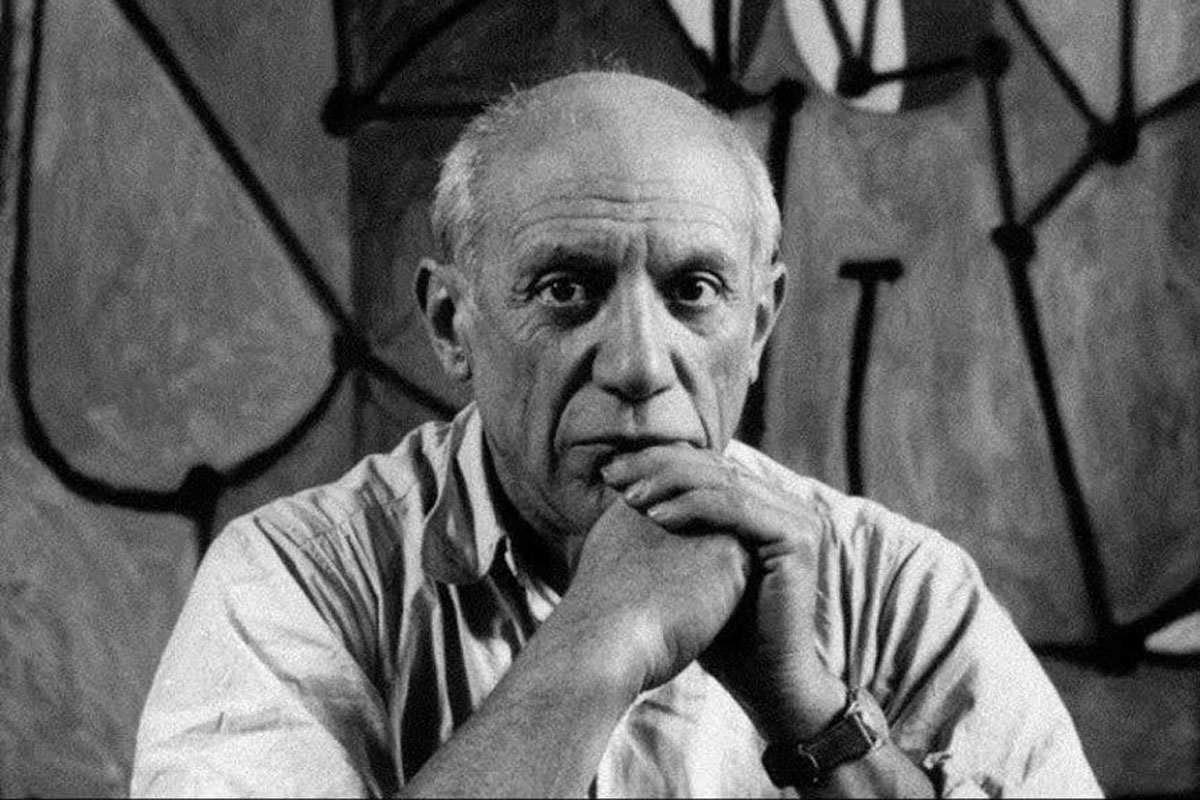This series of articles seeks to examine the character attributes of highly successful leaders, regardless of their adherence to a strong faith or moral standard. In presenting these thoughts, Leadership Ministries is not agreeing with or advocating these traits or practices, but rather presents these as ideas for discussion and development in your own leadership journey.
Alexander the Great (356-323 BC), also known as Alejandro Magno, was king of the ancient Greek kingdom of Macedon. By the age of 30, he had created one of the largest empires in history. He was undefeated in battle and is widely considered to be one of the greatest and most successful military commanders to ever live. His tactics remain a significant subject of study in military academies worldwide.[1]
Alexander was taught by Aristotle, and so gained an interest in philosophy, medicine and scientific investigation. At age 16 he was left in charge of Macedonia during one of his father’s military campaigns. During this time, he defended Macedonia against several attackers and also went on to lead other military victories. When his father was assassinated in 336 BC, Alexander succeeded him as leader, already held in high regard by the army. At once he executed those responsible for his father’s murder and all other rivals that might oppose him. Thus, Alexander began a series of military campaigns that would mark him among the world’s most cunning and ruthless empire builders.[2]
At its height, Alexander’s empire stretched from Europe through the Middle East to Asia, including parts of North Africa.
Have a well-rounded team. Alexander set about to conquer the world, first east toward Babylon, then Persia, and then the Mediterranean and Egypt. His army was well trained and had horsemen, archers, and men trained with shields and javelins. They were remarkably well balanced and their enemies, often centered on one tactic or weapon, would fall easily to their unpredictable attacks. In addition, Alexander’s soldiers were accompanies by surveyors, engineers, architects, scientists, court officials and historians. From the moment Alexander decided to expand his empire, he marched in with complete preparation in all areas of both military and civilian affairs.
Be unsurpassed in execution. Alexander had an excellent information system which enabled him to see his opponent’s direction and coordinate all parts of his military attacks. No other leader before him had ever used speed and surprise with such devastating results. He valued the statement, “One is either quick or one is dead.” Though Alexander was quick, he was also ruthless. When Thebes revolted early in his reign, he slaughtered more than 30,000 inhabitants and leveled the city.
Alexander’s father taught him a military formation called the phalanx. This consisted of a block of soldiers 16 men wide and 16 men deep, with interlocking shields and spears, moving as a unit. The men carried very long spears which protruded up to five layers deep ahead of the formation, allowing them to steamroll any opponent. On level ground, the phalanx was unbeatable, and remained one of the most powerful military tactics for centuries. Alexander also had trained, professional soldiers who were well disciplined and drilled their execution to perfection.
The phalanx formation proved nearly unbeatable for Alexander’s army.
Innovate wherever possible. Alexander employed battle strategies that consistently surprised numerically superior enemies. He maintained a practice of diplomacy first, inviting his adversaries to join him instead of fight, and so was often welcomed as a liberator instead of a conqueror. When taking over a city, he kept trusted officials in charge and respected local customs and religion, allowing him to maintain peace after battle.
Once at the battle of Tyre, a city accessible only by sea, Alexander thought of a blocade of naval landing, which would leave his forces vulnerable. Instead he innovated and bult a causeway over the straights and joined the city to the continent. That causeway remains to this day.
In the end, Alexander was defeated by his own army. Tired of battle, they insisted on returning to Greece. On the way back, Alexander died of fever in Babylon at age 33. Following his death, nobody had the charisma and leadership skills to rule his fast empire. Alexander had no succession plan and unlike his father, had not groomed anyone close to him for leadership.[3] All of the lands he had conquered had not been properly solidified after battle, and consequently were divided among his generals.



































Frank Winfield Woolworth was an American entrepreneur, and founder of the F. W. Woolworth Company. He pioneered the retail variety stores which featured low-priced merchandise selling for 5 and 10 cents.